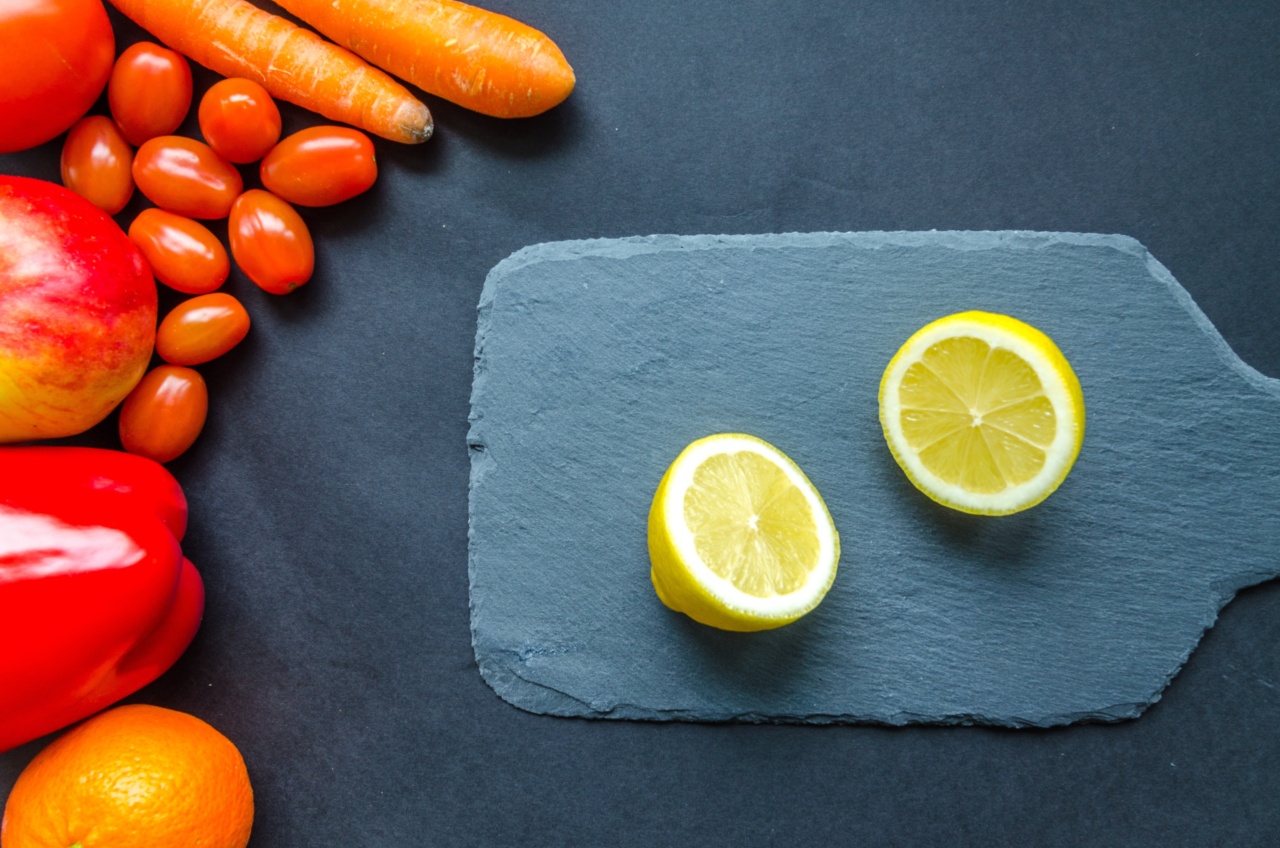Phytosterols are plant-based compounds that are found in a variety of foods. They are similar in structure to cholesterol and can help to lower cholesterol levels in the body.
While too much cholesterol can be harmful to your health, phytosterols have many health benefits. Consuming foods rich in phytosterols may help to reduce the risk of heart disease, improve cognitive function, and even enhance athletic performance. In this article, we will discuss the top sources of phytosterols for a healthy life.
Avocado:
Avocados are a great source of phytosterols. They contain beta-sitosterol, campesterol, and stigmasterol which are all important for a healthy diet. Additionally, avocados are high in healthy fats which can help to reduce the risk of heart disease.
Avocados can be enjoyed in many different ways, whether you eat them sliced on toast, mashed up as guacamole, or blended into smoothies.
Nuts and Seeds:
Nuts and seeds are a great source of phytosterols. Some of the best nuts and seeds for phytosterols include almonds, Brazil nuts, pistachios, and pumpkin seeds.
These foods are also high in healthy fats and protein, making them an excellent addition to any diet. Sprinkle some nuts and seeds on top of your salad or blend them into a healthy smoothie for a tasty and nutritious snack.
Fruits and Vegetables:
Many fruits and vegetables are also rich in phytosterols. Some of the best sources of phytosterols include apples, oranges, grapes, spinach, and broccoli.
These foods are also high in fiber, vitamins, and minerals, making them an important part of a healthy diet. Try adding some of these fruits and vegetables to your meals each day for a healthy boost.
Legumes:
Legumes, such as beans, lentils, and chickpeas, are another great source of phytosterols. They are also high in protein and fiber, making them an excellent choice for vegetarians or those looking to reduce their meat intake.
Legumes can be enjoyed in many different ways, whether you add them to your salads, soups, or stews.
Whole Grains:
Whole grains, such as oats, barley, and quinoa, are also a great source of phytosterols. Additionally, whole grains are high in fiber, which can help to reduce the risk of heart disease.
Try adding whole grains to your meals instead of refined grains like white bread or white rice for a healthier option.
Plant-based Oils:
Plant-based oils, such as olive oil and sesame oil, are also a great source of phytosterols. These oils are also high in healthy fats, making them an excellent addition to any diet.
Try using olive oil as a base for your salad dressings or using sesame oil in your stir-fries for a tasty and healthy meal.
Herbs and Spices:
Herbs and spices are an excellent source of phytosterols. Some of the best herbs and spices for phytosterols include coriander, basil, and cumin.
These foods are also high in antioxidants and other important nutrients that can help to boost your overall health. Try using these herbs and spices to season your meals for a tasty and healthy boost.
Soy Products:
Soy products, such as tofu, tempeh, and soy milk, are also a great source of phytosterols. Additionally, soy is high in protein, making it an excellent choice for vegetarians or those looking to reduce their meat intake.
Try adding soy products to your meals for a tasty and nutritious option.
Seafood:
Seafood is another great source of phytosterols. Some of the best seafood options for phytosterols include salmon, sardines, and tuna. These foods are also high in omega-3 fatty acids, which can help to reduce the risk of heart disease.
Try adding some seafood to your meals each week for a healthy boost.
Conclusion:
There are many foods that are rich in phytosterols, each of which can offer a unique range of health benefits. By incorporating a variety of these foods into your diet, you can help to prioritize your health and reduce the risk of chronic diseases.
From nuts and seeds to soy products and more, there are plenty of ways to incorporate phytosterols into your diet for a healthy life.































